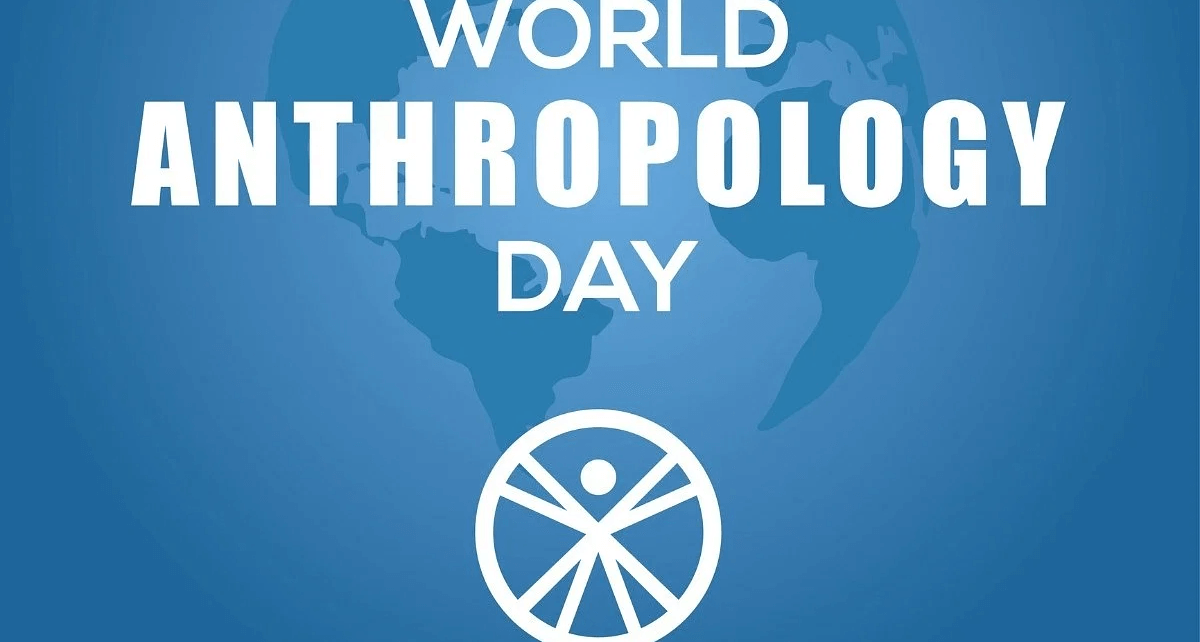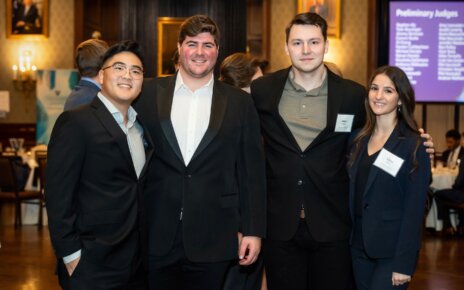Thursday, Feb. 15, marked World Anthropology Day, a day to signify the importance of anthropology.
Adam Heinrich Ph.D., Associate Professor of History and Anthropology, said, “Anthropology is the study of humanity from its earliest beginnings millions of years ago as we developed bipedality, larger brains, and our first stone tools to the current diversity, experiences, and accomplishments of billions of people. It is noteworthy that most students here at Monmouth may never have heard about anthropology even though they engage in the study aspects of humans or human culture through computer science, business, social work, education, psychology, language studies, etc.”
Heinrich explained how in previous years at Monmouth the history and anthropology department would provide teach-in sessions on anthropological hate crimes. This year it was important to be aware of Anthropology Day because of its relevance in the world today to understand where humans came from and how we interact day by day in a diverse world.
Hillary DelPrete, Ph.D., Associate Professor of History and Anthropology and Biological Anthropology, explained, “I also feel that anthropology teaches people to be open-minded and welcoming of others that are different from oneself. The idea of cultural relativism is critical to the discipline.”
Heinrich continued, “As this year is about awareness, we hope students will check out anthropology courses that we offer in archaeology, biological anthropology, forensics, and cultural anthropology. Human experiences and adaptations are some of the most fascinating around. We would also hope students with an interest, whether a major/minor or not, check out the History and Anthropology Club to meet other interested and interesting students and have opportunities to take part in club events related to the field.”
Andy Dilone, a senior anthropology student, emphasized, “It is important to recognize National Anthropology Day because it is a field that is not talked about often and one that teaches many students about the importance of human culture and the various ways it plays in our lives and other fields of study.”
She continued to say how students could have come together on World Anthropology Day to discuss their experiences with anthropology and how it has affected them on a personal and academic level.
Kaitlyn Markow, a senior anthropology student, said “Something to know about anthropology is there are so many facets involved including archaeology, biology, culture, and linguistics. It’s a multifaceted discipline that pulls from many different areas of study. Studying anthropology can take your career in so many different ways. I also believe that studying anthropology has made me more aware of cultural differences between myself and others and how to embrace them respectfully.”
Maeve Miller, a senior anthropology student said, “Most people are aware of cultural anthropology, and especially with the political climate of today I think students should be encouraged to research another culture they are unfamiliar with and pick some of the things they find most interesting about it.”
Miller believes that anthropology helps us to understand people on a whole other level.
“Culture shapes everything about us and if we understand that sometimes it makes understanding people a little easier,” explained Miller.
“I would like others to know that anthropology is everywhere. We live it, we see it, and we do it. Anthropology just gives us the tools to isolate it from our day-to-day lives and study it on a more critical level to better understand the human experience,” advised Dilone.
Heinrich concluded, “A background in anthropology and other social sciences and humanities can help one in their lives and careers, and it is a reason such fields are emphasized in our school’s general education curriculum. A survey of major companies, non-profits, and even government may reveal how many people in key positions hold degrees or at least minors in fields such as anthropology. Part of their success has been due to experiences learning about human cultural development, and human diversity, as well as developing skills in reading comprehension, research, and expressing thought in writing and oral communication.”




